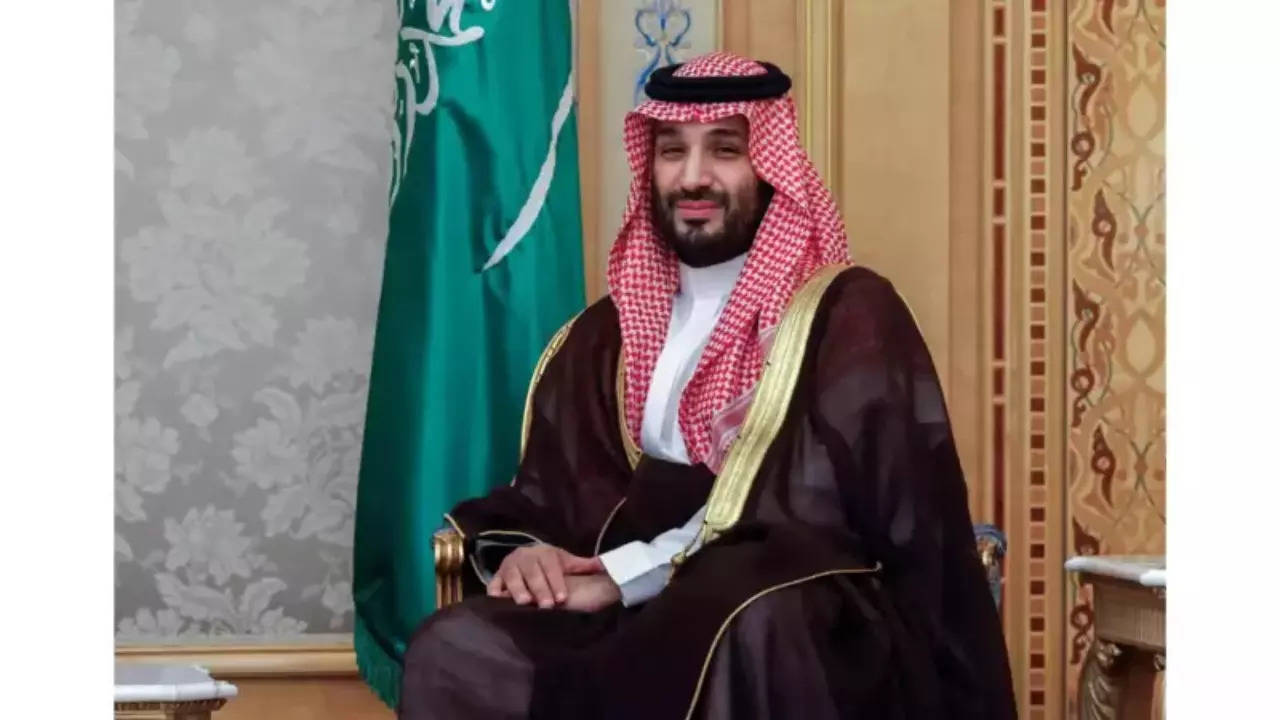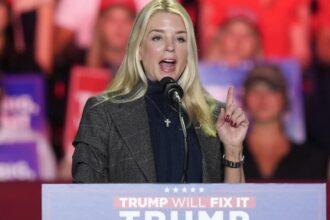Saudi Crown Prince Mohammed bin Salman reportedly said that he fears being assassinated if he moves ahead with the normalisation agreement with Israel without securing concessions for Palestinians.
According to a Politico report published on Wednesday, the crown prince asked what the US had done to protect Egyptian President Anwar Sadat, who was killed by Islamist militants in 1981, after the landmark peace deal and emphasised that the necessity of incorporating a clear path to a Palestinian state in any potential normalisation deal.
While talking with the US Congress members, Bin Salman, commonly referred to as MBS, indicated that despite he fears that pursuing a grand bargain with the US and Israel will cost him life still intends to move ahead with forging ties with the Jewish state.
The specifics of the largely confidential and evolving agreement have surfaced through various sources, including my own reporting. The United States is making several pledges to Saudi Arabia, such as security assurances through a treaty, assistance with a civilian nuclear program, and investments in sectors like technology.
Some reports suggest that in return, Saudi Arabia would restrict its interactions with China. Additionally, the kingdom would establish diplomatic and other relations with Israel, which would be a significant advantage for the Israelis, considering Saudi Arabia’s prominence in the Muslim world.
However, much to MBS’ disappointment, the Israeli government has been reluctant to incorporate a viable pathway to Palestinian statehood within the agreement.
“The way he put it was, ‘Saudis care very deeply about this, and the street throughout the Middle East cares deeply about this, and my tenure as the keeper of the holy sites of Islam will not be secure if I don’t address what is the most pressing issue of justice in our region,'” said one of the people with knowledge of conversations MBS has had with regional and American leaders.
Nevertheless, the report says, MBS “appears intent on striking the mega-deal with the US and Israel,” which he sees “as crucial to his country’s future.”
According to a senior foreign affairs correspondent at Politico, Nahal Toosi, the Saudi crown prince has been discussing the possibility of his own assassination. The timing of these conversations remains unclear. However, Toosi suggests that the prince’s motive may be to pressure US officials into persuading Israel to agree to a deal that aligns with his interests.
Sources within the US Congress have indicated that the likelihood of achieving an Israel-Saudi normalization agreement before the upcoming presidential election in November is extremely low. This is due to the Senate’s lack of time to ratify the US-Saudi portion of the deal prior to its recess. The crown prince’s discussions about his potential assassination seem to be an attempt to expedite the process and secure a favorable outcome.
US President Joe Biden has said Saudi Arabia wants to “fully recognize Israel” in exchange for security guarantees from Washington and the establishment of a civilian nuclear facility.
On Monday, the White House confirmed it had resumed offensive weapons sales to Saudi Arabia, lifting a ban enacted in 2021 over human rights concerns. The resumption was seen as part of Washington’s efforts to enlist the help of Riyadh in securing a ceasefire in Gaza and countering a possible Iranian attack on Israel, reported Politico.
According to a Politico report published on Wednesday, the crown prince asked what the US had done to protect Egyptian President Anwar Sadat, who was killed by Islamist militants in 1981, after the landmark peace deal and emphasised that the necessity of incorporating a clear path to a Palestinian state in any potential normalisation deal.
While talking with the US Congress members, Bin Salman, commonly referred to as MBS, indicated that despite he fears that pursuing a grand bargain with the US and Israel will cost him life still intends to move ahead with forging ties with the Jewish state.
The specifics of the largely confidential and evolving agreement have surfaced through various sources, including my own reporting. The United States is making several pledges to Saudi Arabia, such as security assurances through a treaty, assistance with a civilian nuclear program, and investments in sectors like technology.
Some reports suggest that in return, Saudi Arabia would restrict its interactions with China. Additionally, the kingdom would establish diplomatic and other relations with Israel, which would be a significant advantage for the Israelis, considering Saudi Arabia’s prominence in the Muslim world.
However, much to MBS’ disappointment, the Israeli government has been reluctant to incorporate a viable pathway to Palestinian statehood within the agreement.
“The way he put it was, ‘Saudis care very deeply about this, and the street throughout the Middle East cares deeply about this, and my tenure as the keeper of the holy sites of Islam will not be secure if I don’t address what is the most pressing issue of justice in our region,'” said one of the people with knowledge of conversations MBS has had with regional and American leaders.
Nevertheless, the report says, MBS “appears intent on striking the mega-deal with the US and Israel,” which he sees “as crucial to his country’s future.”
According to a senior foreign affairs correspondent at Politico, Nahal Toosi, the Saudi crown prince has been discussing the possibility of his own assassination. The timing of these conversations remains unclear. However, Toosi suggests that the prince’s motive may be to pressure US officials into persuading Israel to agree to a deal that aligns with his interests.
Sources within the US Congress have indicated that the likelihood of achieving an Israel-Saudi normalization agreement before the upcoming presidential election in November is extremely low. This is due to the Senate’s lack of time to ratify the US-Saudi portion of the deal prior to its recess. The crown prince’s discussions about his potential assassination seem to be an attempt to expedite the process and secure a favorable outcome.
US President Joe Biden has said Saudi Arabia wants to “fully recognize Israel” in exchange for security guarantees from Washington and the establishment of a civilian nuclear facility.
On Monday, the White House confirmed it had resumed offensive weapons sales to Saudi Arabia, lifting a ban enacted in 2021 over human rights concerns. The resumption was seen as part of Washington’s efforts to enlist the help of Riyadh in securing a ceasefire in Gaza and countering a possible Iranian attack on Israel, reported Politico.
Source : Times of India








